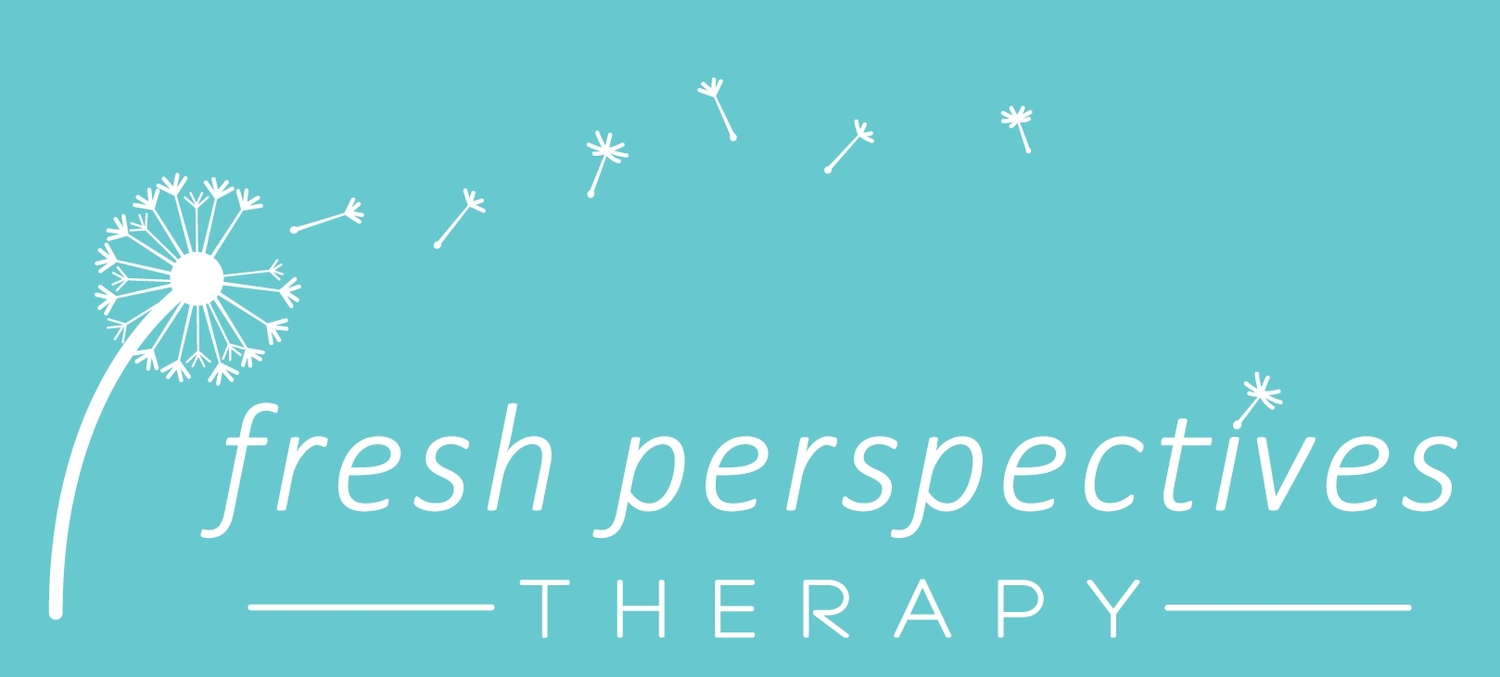"Golden Pond" by James Jordan used with Attributions-No Derivs CC License 2.0
Anxiety is one of the most common reasons people seek mental health treatment. According to the National Institute of Mental Health (NIMH), anxiety affects about 18.1% (42 million) U.S. adults! Even though it affects so many people, do we ever really think about how it really impacts their lives and their relationships? Do you know what it might look like to have a partner with anxiety? To be a partner with anxiety?
Anxiety is often about fixating on and severely worrying about future events. An anxious person is often wrenched from the present moment and plagued by stress and intense, racing thoughts. This amount of psychological distress manifests into physical symptoms that escalate an already overwhelming experience, sometimes culminating in sweating palms, a racing heart and shortness of breath. Not only is living with anxiety debilitating, but living with a partner who has anxiety is also emotionally taxing. It takes a toll on the relationship and without attention and hard work, anxiety can demolish an otherwise strong foundation.
While there are certainly few effective, quick tips on how to have a happy and fulfilling intimate relationship, there are even fewer quick tips on how to do so if you throw a partner with severe anxiety into the mix. No article is a replacement for seeking help from a licensed mental health professional but here are some tips to guide you in approaching your relationship and your partner in a more constructive way.
Acceptance
For almost any problem acceptance is often the first step. Accept that your partner has anxiety and that it now has a presence in your life as well. Often, anxiety can be effectively managed and there are many techniques available to help, but the truth is your partner will almost always struggle with some form of anxiety. Denying that anxiety is part of your life will only make the struggle more painful. Lean in.
Have Some Go-To Strategies
Talk to your partner openly about what helps them and work together to develop effective strategies for coping with a severe anxious reaction. This may include some deep breathing or grounding techniques, among many other possibilities. Consider keeping a small list with the ‘emergency plan’ written down. During an intense anxiety attack, you may not be thinking clearly enough to remember how to help your partner.
Relieve Yourself of Responsibility
It is not your fault that your partner struggles with anxiety. You cannot fix your partner, it is impossible to prevent all triggers from setting your partner off and trying to do so is absolutely exhausting. Making these distinctions can save you a lot of anguish and resentment toward your partner down the road.
Take Care of Yourself
In order for you to help your partner, you need to be well cared for and in good emotional shape. It’s such a cliché but I’m going to say it anyway: just like flight attendants direct you to do, put your oxygen mask on before helping others with theirs. Get a massage, spend time with friends, go to the movies, have a glass of wine and a hot bath. Do what you need to take care of yourself so that you can better help your partner and your relationship.
Be Informed
If you’re reading this, it’s likely your partner’s anxiety is severe enough that he or she is receiving help and support from a licensed mental health professional. That’s excellent! But don’t forget that you are a large part of this process and it is not only your partner that needs to know about anxiety. Educate yourself. If your partner consents (but he or she might not and that is okay), become part of the treatment process. Talk with the therapist about what you can do to be most helpful.
Your Feelings Are Valid
There will be times when you’re able to help your partner manage the anxiety like a champ. Then, there will be the other times, the times when you’re frustrated, at the end of your rope, and want to throw up your hands. Your feelings of frustration and being overwhelmed are completely valid. You don’t have to be a calm, unmoving rock for your partner all the time. You get to have your own feelings about this situation. It’s crucial that you acknowledge their presence and understand them so they have less power over you. Which leads me to my next point…
Seek Help
Therapy is not just for the partner with anxiety. Relationships are difficult and with this added stressor, it is vital you have your own source for support and guidance.

